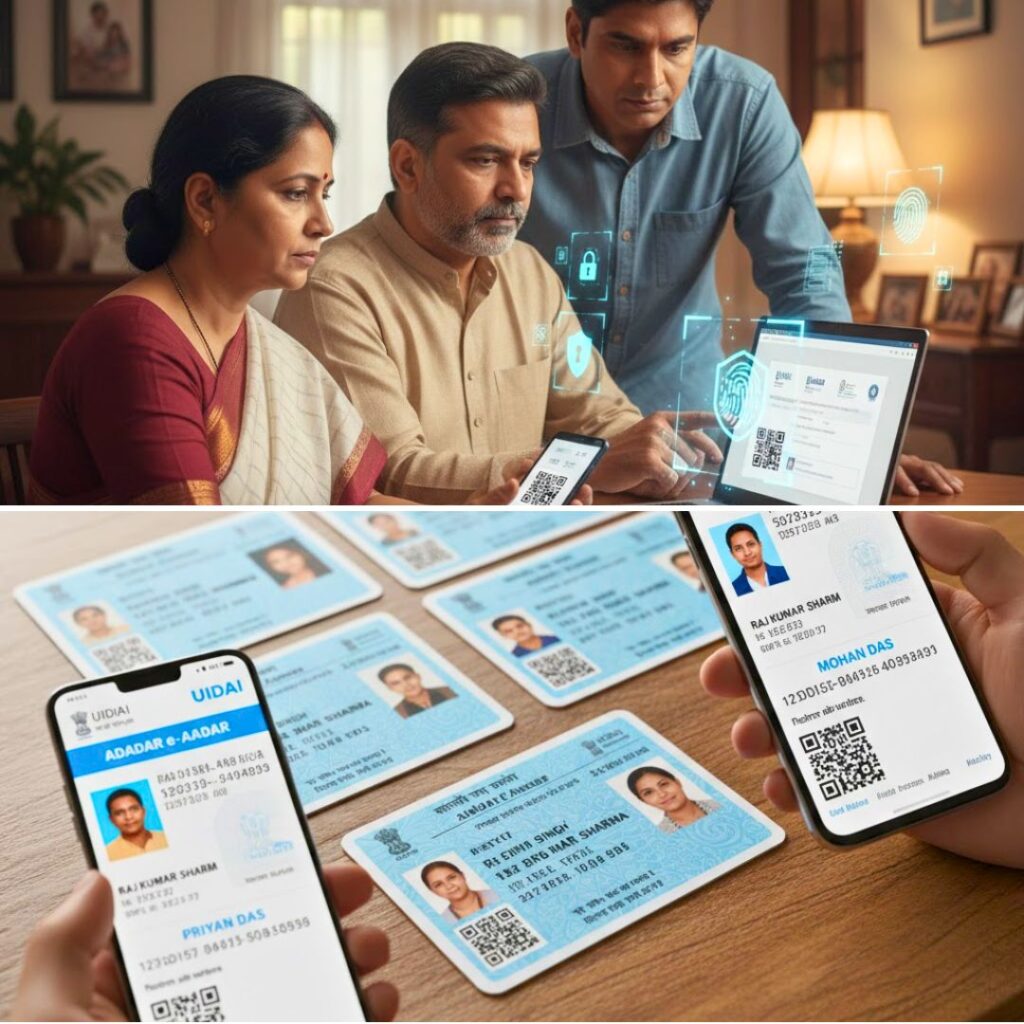Going digital is seen as the way ahead for development in India. Switching to digital payment is viewed as the norm among every service provider and can be seen in almost every nook and cranny. Today, cashless payment is almost everywhere, from a fruit seller accepting digital UPI payments to e-commerce that ships products from countries apart.
However, with its many advantages comes the possibility of several online scams. Cyberspace is infamous for facilitating a growing number of online fraud cases, and it has become a growing need for people to be informed and aware of such potential fraud. Here’s a list of the commonly observed authorized and unauthorized scams:
Fraudulent Payments (Unauthorized Scams)
Payment fraud is defined as a false or illegal transaction completed by a cybercriminal that deprives the victim of funds, interest, personal property, or sensitive information via the Internet. Unauthorized payment frauds are such that they do not require authorization and can facilitate the transfer of funds from an individual’s or company’s account. Some of the commonly recorded unauthorized fraudulent payments include:
Phishing
Phishing happens to be one of the oldest and most repeatedly committed frauds. Fraudsters would send the victims emails or texts posing as a legitimate institution, such as their bank. They would then request personal information or login details, then direct the victim to a fake website to gain access to their financial accounts.
Another phishing-related fraud is pharming attacks, also known as man-in-the-middle attacks. In this case, the fraudster would insert themselves between the victim and a legitimate institution. This is usually done by intercepting the communication or redirecting the victim to a different website. They would then gain access to the login information or any other personal information. These types of fraud pose more damage as it often goes unnoticed until it’s too late.
Technical support
Under the pretense of providing technical support, fraudsters can impersonate representatives of legitimate tech companies and reach out to the victims. Claiming that the victim’s computer has some sort of issue, they would gain remote access to the device. By doing so, they can then potentially steal financial credentials and personal information. Afterward, they would also charge the victim a set fee for the service they fraudulently offered.
Mobile SIM Swap
A fraudster can take over your mobile phone number even without your authorization through a simple SIM swap scam. They can pose as the victim and convince their wireless provider to transfer the number to a new SIM card that they can control. Once they receive access to the number, they can take information such as contact numbers, text messages, and even two-factor authentications linked to the number. With this information, fraudsters can commit scams such as accessing bank accounts or credit cards.
Account takeover
This is yet another more commonly seen significant and damaging type of banking fraud. In this online scam, the fraudster can gain access to a bank or credit card account by posing as the victim. After providing the necessary information, they can easily answer all the security questions and change the pin codes or login information. Then they could potentially drain the account or even make unauthorized transactions.
Fraudulent Payments (Authorised)
In stark contrast to the unauthorized forms of fraud, these payments involve the fraudster tricking the victim into authorizing a payment. The authorized push payment fraud works on this idea of manipulating an individual, typically by social engineering attacks involving impersonation. Some of the commonly observed types of authorized fraudulent payments include,
Push payment social engineering
Social engineering is a tactic of manipulating, influencing, or deceiving a victim to gain access to specific personal and financial information. It uses psychological manipulation to trick users into making security mistakes or giving off sensitive information. In such fraud, the scammer would persuade the victim into voluntarily sending the scammer money by posing as an agency.
Business email compromise
The fraudster would typically pose as someone in authority, such as a Chief Executive Officer, and may ask to transfer funds to a particular account. According to an article by the Free Press Journal, the victim, often an employee, may not realize that they are being duped. Similarly, scammersalso pose as potential suppliers or vendors and yees fraudulent invoices requesting pa to employeesyment.
Agency-related scams
These types of scams commonly have fraudsters approaching bankers, company executives, insurance agents, government officials, investors, or other agencies. Those pretending to be insurance agents convince the victims to invest in “lifetime” opportunities by promising high returns with little risk. Among the markets that easily capture people in such scams include cryptocurrency, as it lacks the kind of regulation.
Others pretending to be bankers and executives would gainvictim’s confidenceictim and try to gain basic details such as the customer’s name and date of birth. They could then steal data from the customer’s card through skimming devices installed in ATMs, dummy keypads, or even small pinhole cameras.
Staying Alert And Acting Smart
The first and foremost way to ensure that you are not getting scammed is to be alert to the fact that scams exist. Being aware of the many scams and fraudsters that could approach people is the one way they could stay away from them. Here are some other points to be kept in mind,
- Do not open suspicious texts, pop-up windows, links, or attachments in emails.
- Don’t respond to phone calls asking about remote access to your computer, even if they mention a well-known company. Scammers could also often ask you to turn on your computer to fix a problem or install a free upgrade, which could potentially be a virus that could give them access to your passwords and personal details.
- Keep personal details secure. Be extremely careful about how much personal information you share on social media sites. Furthermore, keep your mobile devices and computers secure with password protection, updated security software, and back up content.
- Protect your WiFi network with a strong password and avoid using services such as public computers or WiFi hotspots to access online banking or provide personal information.
- Review your privacy and security settings on social media. While using social networking sites, be careful who you connect with and learn how to use your privacy and security settings to ensure you stay safe.
- Beware of any requests for your personal details or money. Never send money or give credit card details, online account details, or copies of personal documents to anyone you don’t know or trust.
- Be wary of unusual payment requests. Scammers often ask payment methods such as preloaded debit cards, gift cards, or virtual currency such as Bitcoin.
Also Read: Cyber Safety A Priority! Know How Important Cyber Security Has Become In Today’s Era
https://thelogicalindian.com/h-upload/2023/02/25/500x300_230084-untitled-design-10.webp
Trending
2023-02-26 17:03:36.0
Are You Protected Online? Know About These Cyber Scams & How To Stay Digitally Safe












